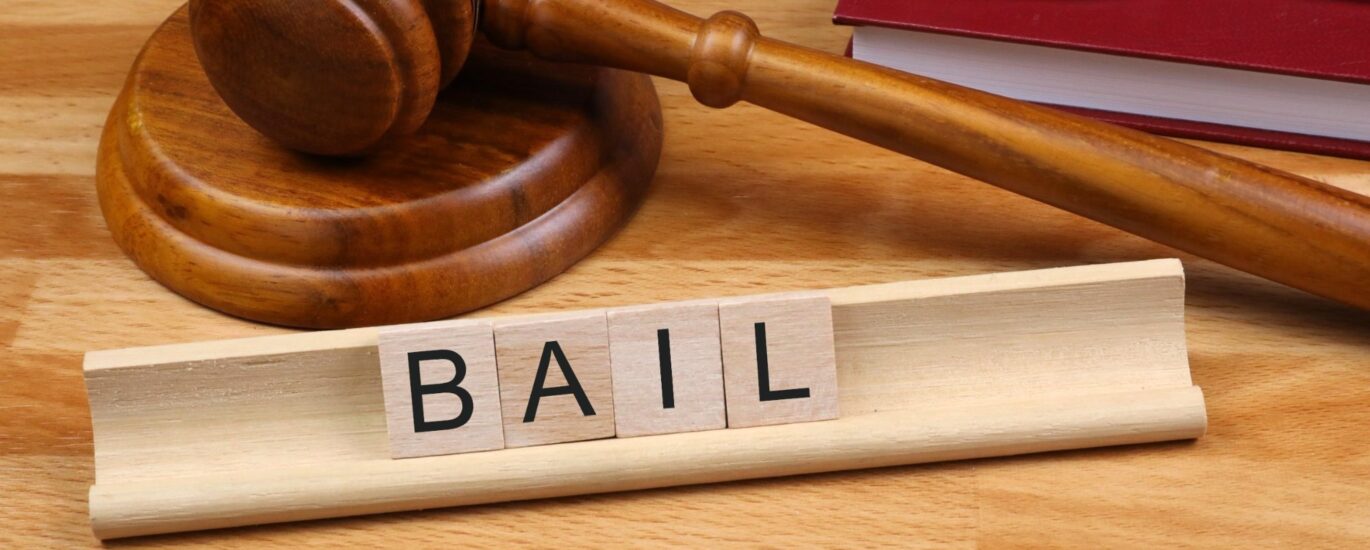



The criminal justice system is built on the principle that every individual is presumed innocent until proven guilty. Bail is an essential legal mechanism that reflects this principle by ensuring that an accused person’s liberty is not unnecessarily curtailed while still allowing the judicial process to move forward. It serves as a bridge between personal freedom and the interests of justice.
Bail refers to the temporary release of an accused person from custody, subject to certain conditions and guarantees, ensuring their appearance before the court when required. It is not an acquittal, but rather a legal relief granted until the final judgment is delivered.
Regular Bail – Granted after arrest for release from police or judicial custody.
Anticipatory Bail – Granted before arrest, safeguarding against possible detention.
Interim Bail – Granted for a short period until regular or anticipatory bail is decided.
Protects Liberty – Safeguards the fundamental right under Article 21 of the Constitution.
Prevents Unnecessary Detention – Ensures that accused persons are not kept in custody without trial.
Maintains Judicial Balance – Protects the rights of the accused while ensuring justice for victims.
Supports Fair Trial – Allows accused persons to prepare their defense adequately.
Bail denial in serious offenses to maintain law and order.
Possible misuse of bail by absconding or tampering with evidence.
Socio-economic disparity where weaker sections face difficulty in securing bail.
Bail is more than a procedural relief—it is a cornerstone of justice that upholds the balance between individual freedom and societal interests. By preventing arbitrary detention while ensuring accountability, bail reinforces the principle that justice must protect not only the society but also the rights of individuals. A fair and accessible bail system is, therefore, vital to a just democracy.